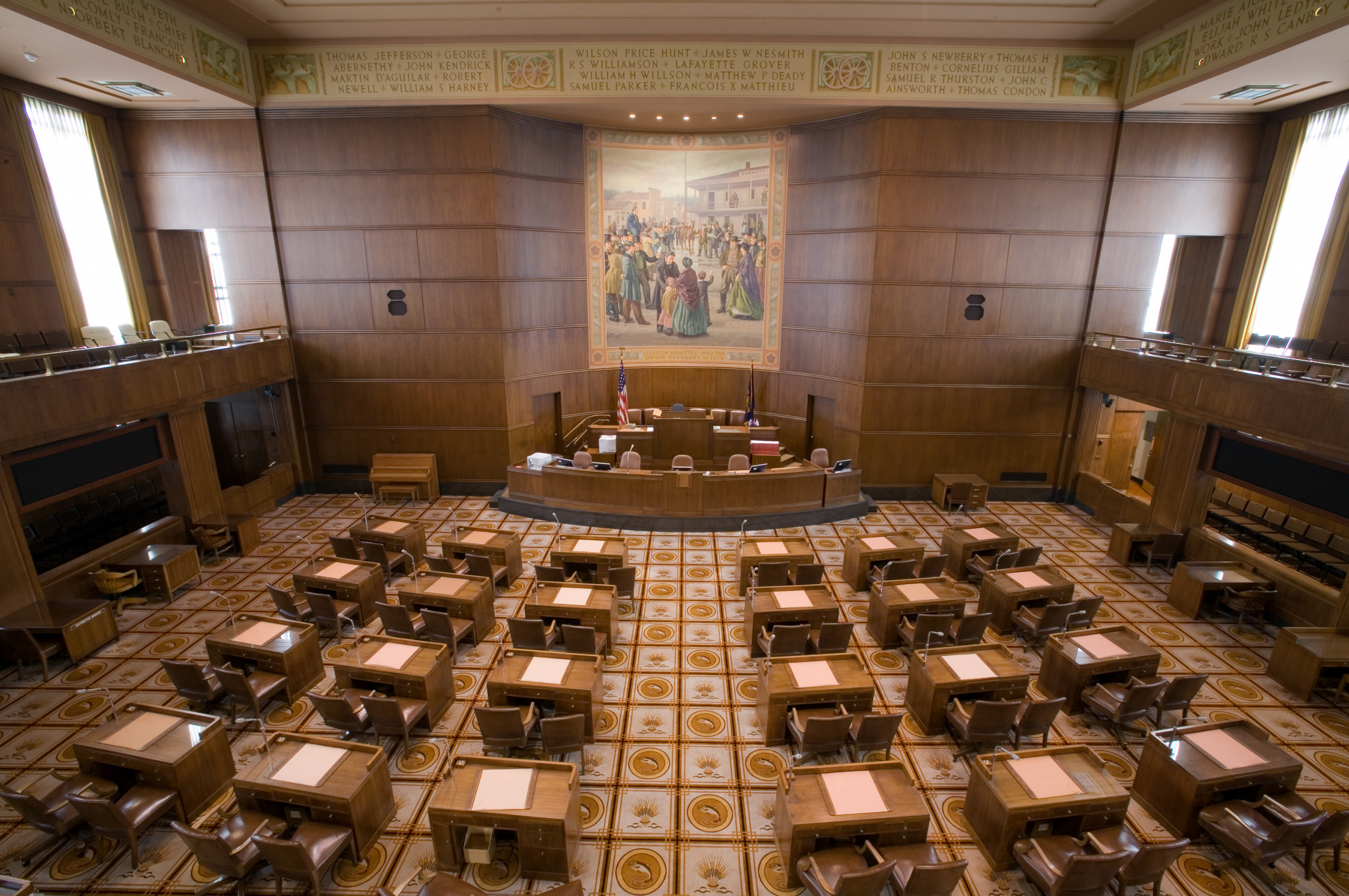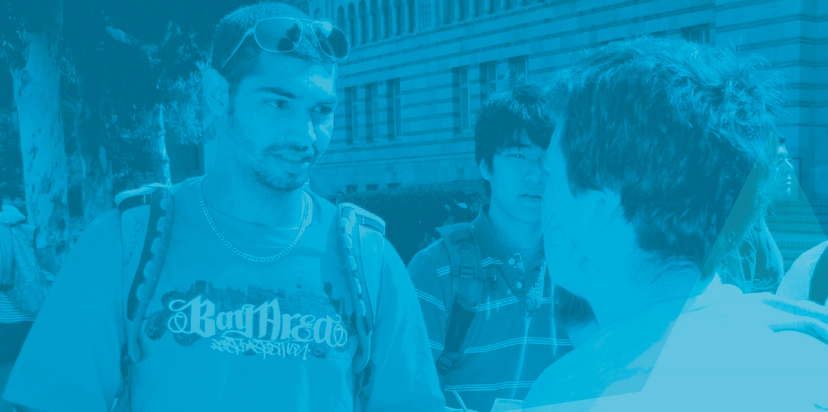
Undermining Democracy:
Michigan's Failure to Limit Contributions to PACs
Michigan’s campaign finance laws allow citizens to make large donations to individual candidates and unlimited contributions to political action committees (PACs), undermining the ability of ordinary citizens to be heard in the political process. The absence of limits on giving to PACs distorts what should be a tool through which ordinary citizens can aggregate their political power into just another route for wealthy citizens to use money to influence elections. An analysis of data from the 2002 election cycle shows that some Michigan PACs are dominated by a few wealthy individuals who made contributions far greater than those feasible for citizens of average means.
Downloads
Michigan’s campaign finance laws allow citizens to make large donations to individual candidates and unlimited contributions to political action committees (PACs), undermining the ability of ordinary citizens to be heard in the political process. The absence of limits on giving to PACs distorts what should be a tool through which ordinary citizens can aggregate their political power into just another route for wealthy citizens to use money to influence elections. An analysis of data from the 2002 election cycle shows that some Michigan PACs are dominated by a few wealthy individuals who made contributions far greater than those feasible for citizens of average means.
Authors
Elizabeth Ridlington
Associate Director and Senior Policy Analyst, Frontier Group
Elizabeth Ridlington is associate director and senior policy analyst with Frontier Group. She focuses primarily on global warming, toxics, health care and clean vehicles, and has written dozens of reports on these and other subjects. Elizabeth graduated with honors from Harvard with a degree in government. She joined Frontier Group in 2002. She lives in Northern California with her son.
Find Out More

Big Money in Oregon State Elections

Fair Elections in Montgomery County

Path to the Polls

